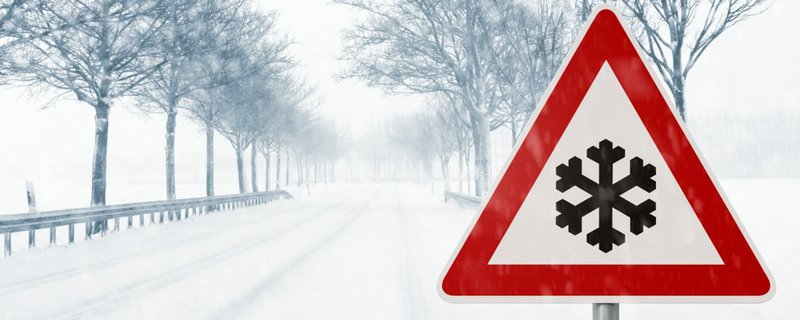CAMDEN — Special to the Camden News
December 1-6 is Winter Weather Awareness Week in Arkansas. The purpose of this week is to remind people what winter weather can bring, and how to deal with hazardous winter conditions. Now is the time to prepare for the upcoming winter season.
Today’s topic is winter watches, warnings, and advisories.
A watch indicates that conditions are favorable for a winter storm to develop over all or part of a forecast area, but the occurrence, location, or timing is still uncertain. Watches are generally issued when there is a 50 percent or greater chance of a winter storm.
In Arkansas, watches are usually issued 12 to 24 hours in advance of the anticipated weather. However, they can be issued as much as 48 hours in advance. The term Winter Storm Watch is always used no matter what types of wintry precipitation are expected. A warning indicates that winter storm conditions are occurring, imminent, or have a very high probability of occurring. Warnings are generally issued when there is an 80 percent or greater chance of a winter storm.
Warnings are issued for conditions posing a threat to life or property. In Arkansas, warnings are usually issued for weather that is expected to occur within the next 12 hours. However, they can be issued as much as 36 hours in advance.
Blizzards, heavy snow, and significant ice /sleet and freezing rain/ are often preceded by watches and warnings.
The general definition of heavy snow is 4 inches or more in 12 hours, or 6 inches or more in 24 hours.
A blizzard is defined as sustained winds or frequent gusts of 35 mph or higher, and considerable falling or blowing snow causing visibility to be frequently less than one quarter mile. A blizzard is an extremely rare in Arkansas.
Ice storms occur when freezing rain deposits significant or damaging amounts of ice, usually one quarter inch of ice or more. Heavy sleet covers the ground to a depth of one half inch or more. An advisory is issued for similar conditions to a warning, except that conditions are expected to be less serious. In other words, snow or ice is expected, but amounts will be less than required for a warning. Still, conditions will cause significant inconvenience. When an advisory is posted, look for less than four inches of snow, under a quarter inch of freezing rain, and sleet less than a half inch.
Freeze Warnings are normally issued for the first few freezes in the fall and for late season freezes in the spring. In far south Arkansas where freezes are more uncommon, Freeze Warnings may be issued at any time during the winter.
Frost Advisories are issued for the first few frosts in the fall and for late season frosts in the spring.
Wind Chill Warnings are relatively new. In the counties for which the National Weather Service in Little Rock makes the forecast, warnings will be issued for wind chills of 15 below zero or lower when winds average 10 mph or more, and conditions are expected to persist for an hour or more.
Wind Chill Advisories are issued for wind chills of zero degrees or lower when winds average 10 mph or more, and conditions are expected to persist for three hours or more.
Freezing fog Advisories are issued when fog is present with temperatures below freezing, and the fog is expected to cause a thin layer of ice to develop on bridges, overpasses, and other elevated roadways.
There is a short fuse warning, 30 to 60 minute valid time, available starting this winter. A Snow Squall Warning will be issued when a brief period of intense snowfall /moderate to heavy in intensity/ is expected, accompanied by gusty winds resulting in reduced visibility , a quarter mile or less. Ideally, road temperatures would be sub-freezing. It is thought this type of warning will seldom be disseminated.
Another new item is the Winter Storm Severity Index (WSSI). This is an experimental tool that enhances communication regarding an event’s expected severity. The WSSI provides winter storm impact information out to 72 hours.
For more information about Watches, Warnings, and Advisories, visit weather.gov/lzk/lzkwwa.htm
For more information about the Winter Storm Severity Index (WSSI), visit weather.gov/media/lzk/WSSI103119.pdf

